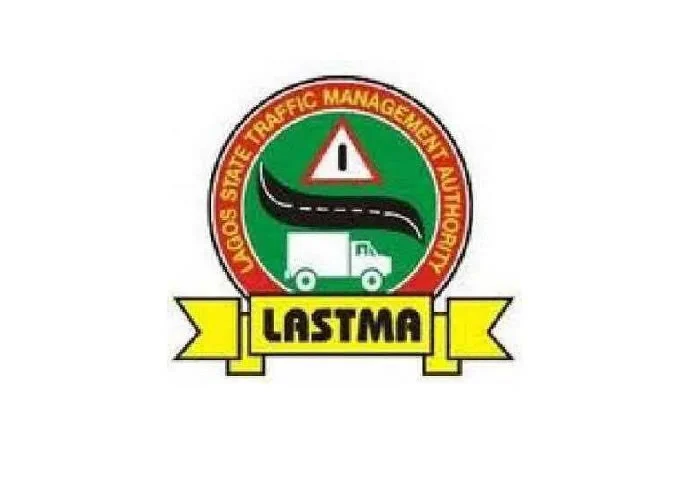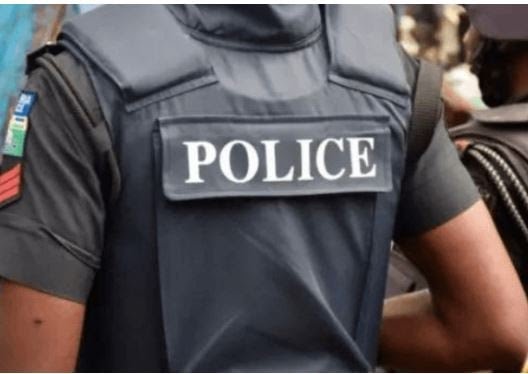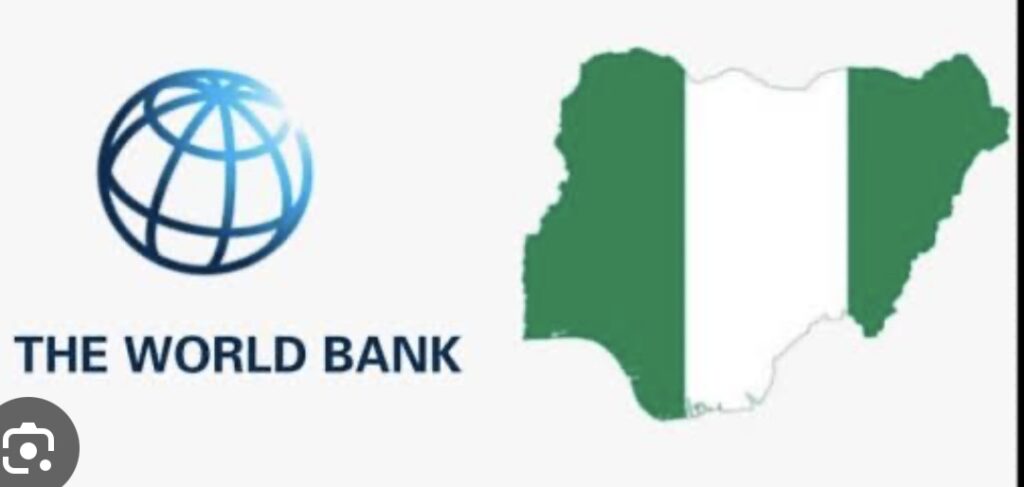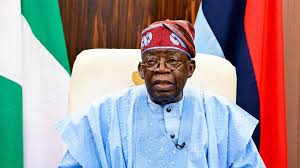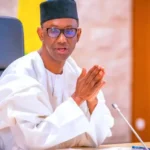Atiku’s Son-in-Law Opens Up on $46.7m NNPC Contracts as EFCC Targets $15m Account

Abdullahi Bashir Haske, the son-in-law of former Vice President Atiku Abubakar, has become the focus of fresh scrutiny following revelations surrounding multi-million-dollar contracts awarded by the Nigerian National Petroleum Company Limited (NNPCL) and a related probe by the Economic and Financial Crimes Commission (EFCC).
According to reports by The Africa Report, Haske confirmed his involvement in NNPCL contracts worth approximately $46.7 million, awarded to companies linked to him. The projects, which spanned key oil and gas operations, have sparked questions over due process and the transparency of contract allocations within the nation’s energy sector.
Amid the unfolding controversy, the EFCC is said to be targeting a $15 million account associated with Haske, suspected to be tied to financial irregularities in connection with the NNPCL deals. The anti-graft agency has reportedly initiated steps to freeze the account as part of an ongoing investigation into alleged money laundering and abuse of office.
Investigative reports further allege that certain NNPCL officials may have used corporate structures connected to Haske’s firms to move illicit funds.
These claims, if verified, could point to deeper institutional lapses within Nigeria’s oil sector, long criticised for corruption and opaque contract processes.
Haske, however, has denied any wrongdoing and has taken legal action against the EFCC, accusing the commission of unlawful detention and violation of his fundamental rights.
His legal team insists that the contracts awarded to his companies were legitimate and executed in accordance with all relevant procedures.
The development has drawn significant public attention due to Haske’s family connection to Atiku Abubakar, a key opposition figure and former presidential candidate.
Analysts say the case could carry political implications as the EFCC intensifies efforts to trace financial activities linked to high-profile figures and public institutions.
As investigations continue, Nigerians are watching closely to see whether the EFCC will substantiate its claims or if Haske’s defence will expose flaws in the anti-graft agency’s handling of politically sensitive cases.
The NNPCL has yet to issue an official statement addressing the specific allegations, leaving many questions unanswered about the integrity of the contracts and the movement of funds.
The case underscores ongoing concerns about transparency in Nigeria’s oil and gas sector — an industry that remains both the backbone of the economy and a persistent source of corruption scandals.


